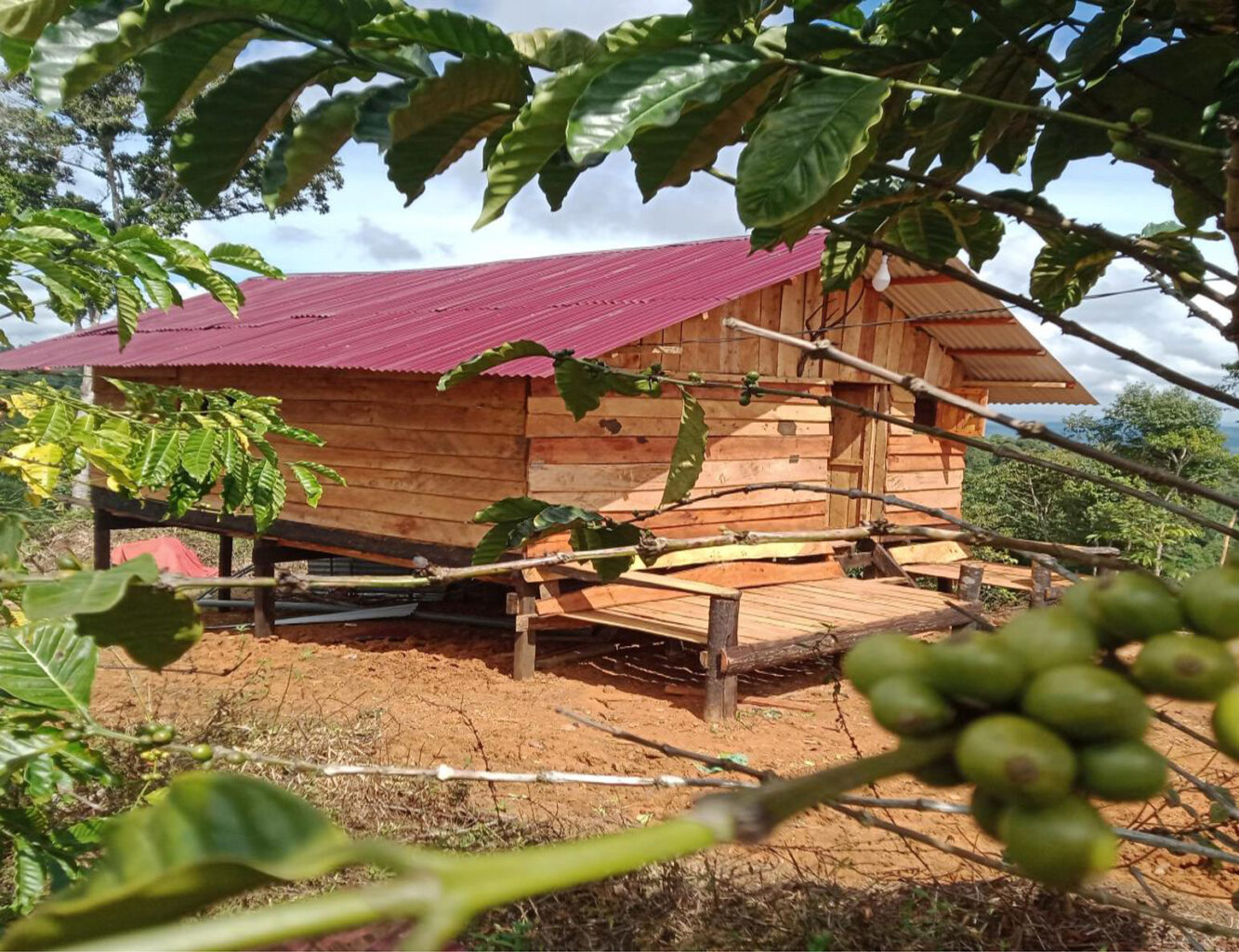The Dam 5 forest, at the northeastern tip of Indonesia, is home to some of the world’s rarest animals, including Javan tigers, Javan leopards, Sumatran elephants, sun bears, and Sunda pangolins. There are also barking deer (muntjac), porcupines, Southern pig-tailed macaques, and huge numbers of tropical bird, reptile, amphibian, and invertebrate species. More than 10,000 species of plant species have been catalogued on Sumatra.
But international companies want to replace this exceptional biodiversity with monoculture plantations of sugar cane and oil palm. Huge amounts of Sumatran forest have already been lost.
Local people staunchly object to cutting the forest, which contains the headwaters of the Kerto River. They know that if the trees were cut down, floods would hit the surrounding villages. The river and a 50-acre lake within the forest area are the only sources of clean water for the community.
People from Elang Cot Girek say that they have been protecting the forest since the 1980s. Members of their organization, the Kreung Kerto Rescue Community (KLEUNG), patrol the forest, mark boundaries, and warn oil palm and sugar cane companies not to encroach.
In addition, during seasons when there is little fruit in the forest, KLEUNG provides bananas and other food for monkeys and birds there, so that the animals don’t go into the residents’ settlements.
With a Seacology grant, they will step up forest protection, explore sustainable livelihoods, and plant native trees. Specifically, they plan to:
- Buy walkie-talkies, drones, tents, and laptops to improve forest monitoring and protection.
- Plant coffee outside the forest areas. (Sumatra is Indonesia’s prime coffee-growing region.)
- Rent tents and gazebo spaces to tourists who want to spend the night in the forest (this helps monitoring efforts, too).
- Use some of the profits from coffee production and tourism for forest security.
They also want to plant sandalwood and gaharu trees, valuable native species in danger of disappearing from Indonesia.







